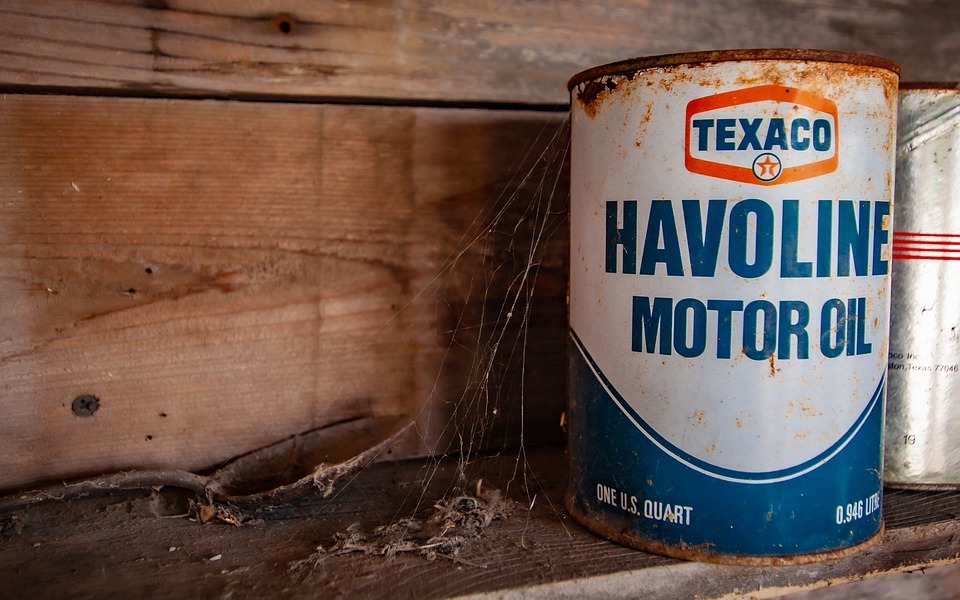Spring cleaning is a great opportunity for families to bond. When parents and kids pitch in to organize and clean their homes, they can accomplish a task while spending time together. However, it is important to remember that housework isn’t all fun and games and you may need help from Glimmr cleaning.
As a parent, you need to be on the lookout for hazardous substances you might encounter while cleaning. If these materials are not disposed of properly, you could be putting your family at risk. There is also a chance that you could harm the environment without realizing.
Part of the problem is that modern life depends on many products that have to be handled carefully. Just a quick sweep through the house might reveal caustic chemicals such as paint removers, bleach and grease solvents. Instead of harmful grease solvents, it is worth considering a professional grease cleaning services.
Some common household items, such as batteries and handheld electronics, contain rare metals that can poison water supplies if they are buried in landfills. The harmful nature of these hazardous materials means they cannot be thrown in the trash or recycling like the rest of the clutter you find.
Know Your Options
Creating a plan to properly dispose of these potentially dangerous substances should be part of any spring-cleaning routine. For example, some of the steps you can take include:
Reading product labels
Many household products feature disposal instructions on the label. When you find an old container of paint thinner, oven cleaner or any other hazardous waste, check the label first. You may discover information about how to get rid of it safely.
Contacting your waste management provider
Depending on the item, your local garbage and recycling company may be able to help. Get in touch and ask about available pickup services for substances that cannot be thrown away through conventional methods.
Donating to charity
If your unwanted electronics are still in working condition, you could consider donating them. There are numerous charities and resale shops that specialize in refurbishing and selling such items and using the proceeds to benefit people in need. This ensures that these older products stay out of the landfill and continue to serve a useful purpose.
Finding recycling facilities
Your community may have a program to handle the cleanup of dangerous materials. You might be able to leave them on your curb for pickup. Alternatively, you may need to bring them to a designated recycling or disposal facility. Once there, trained professionals will make sure that anything you drop off will be handled in a responsible manner.
Your annual spring cleaning can be great for reducing the clutter and making your family work together as a team. However, when throwing out some of that unwanted junk, it is crucial to do so responsibly. For a list of many of these potentially unsafe items and more tips for disposing of them, check out the accompanying infographic. It provides a quick guide to the best way to clean without running into trouble.
Author Bio:
Dan McMullen is Digital Analyst at Rumpke Waste & Recycling, one of the nation’s largest waste and recycling companies providing residential and commercial services to Ohio, Kentucky, Indiana and West Virginia. McMullen enjoys using digital media to assist Rumpke in its mission to keep local communities clean and green.

